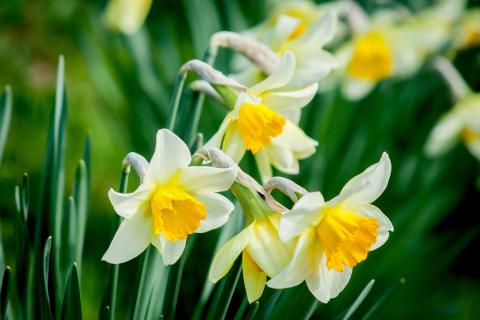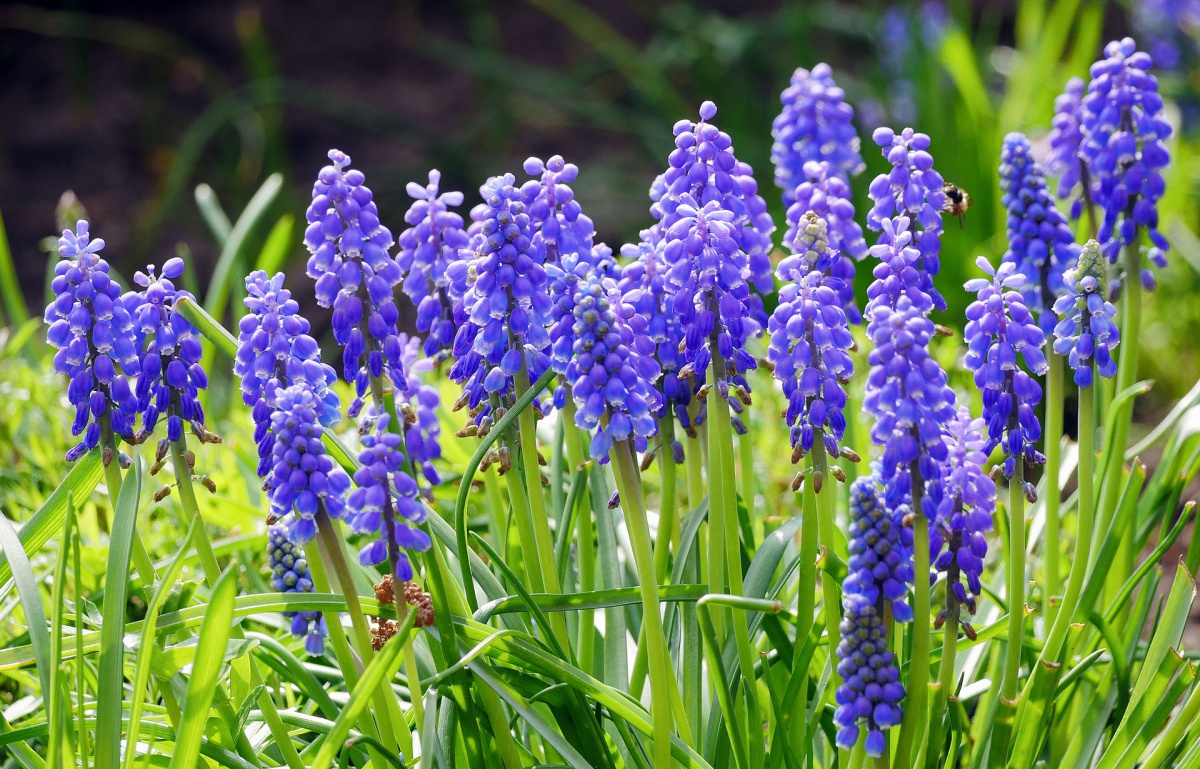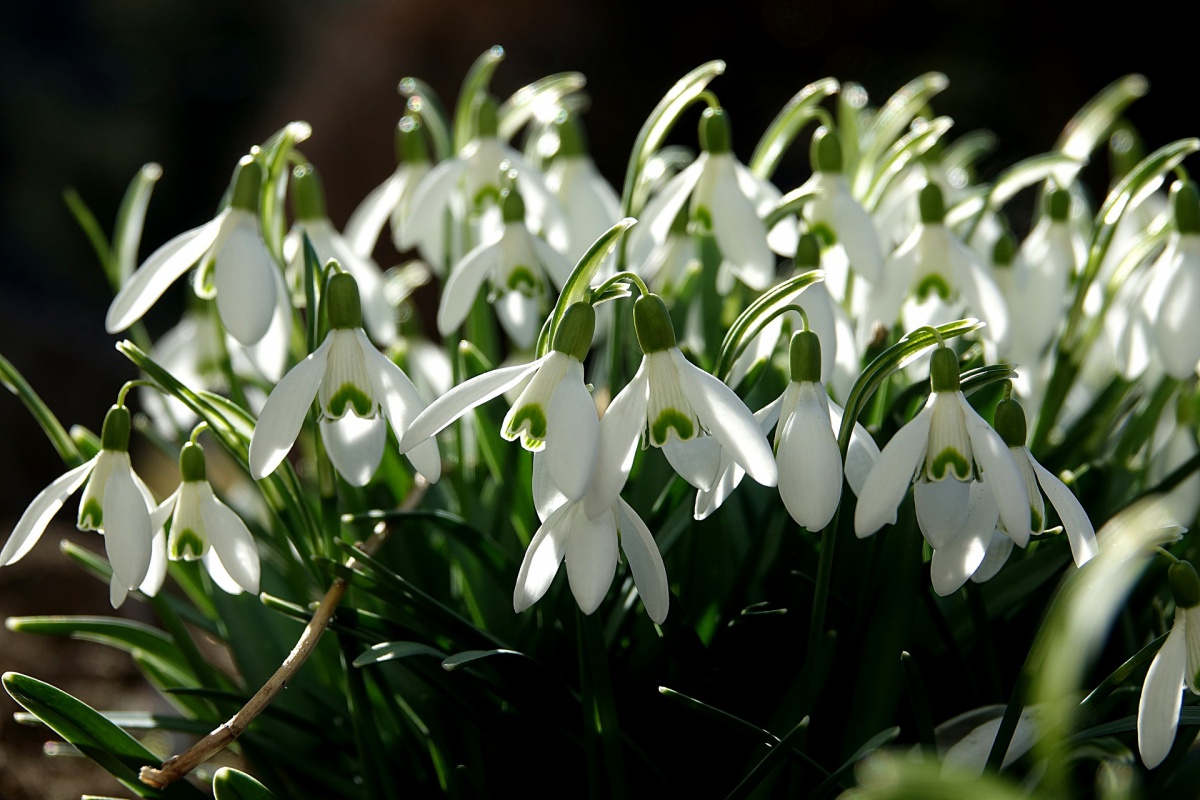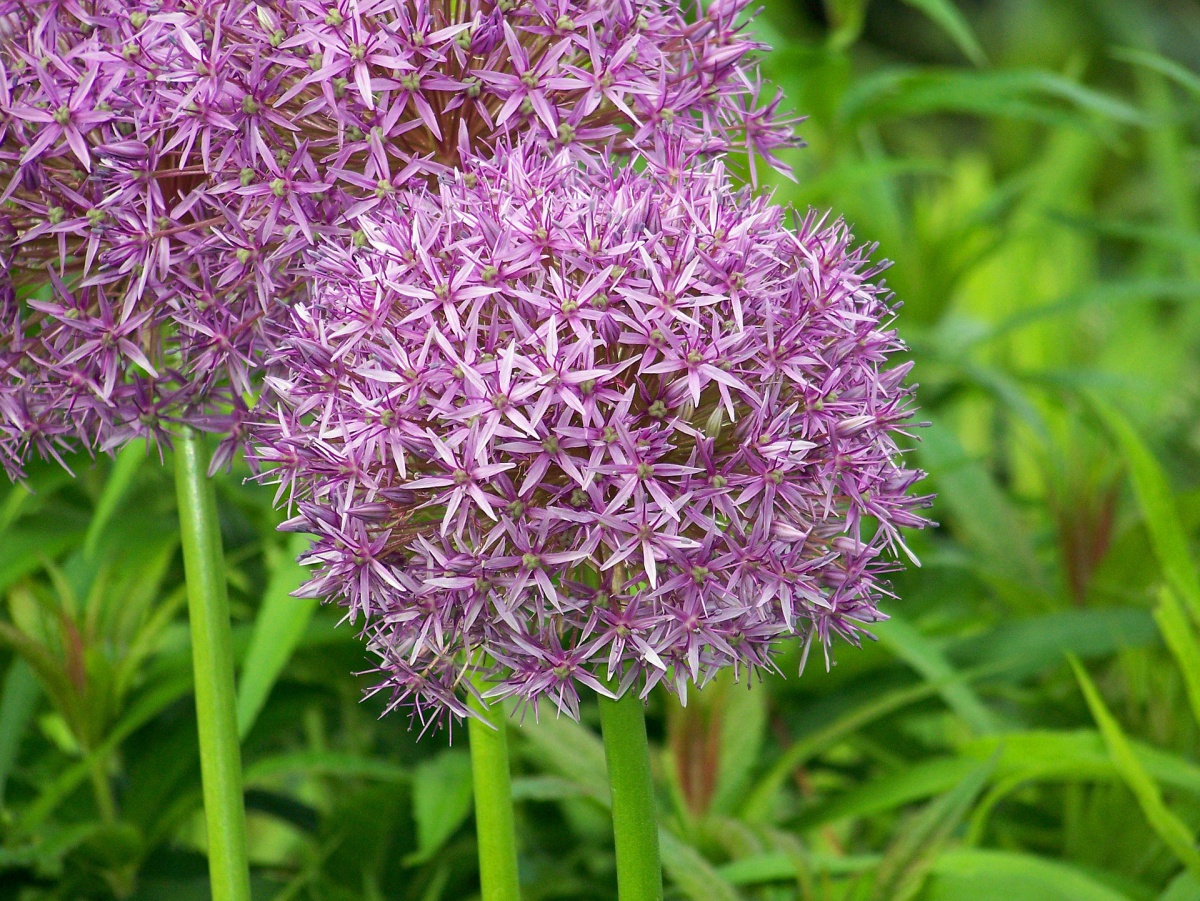How can I keep wildlife from eating my new bulbs?

Many gardeners enjoy planting a few new spring flowering bulbs every fall season, and they know that nothing is more frustrating than investing a lot of time and money into bulbs, only to have them eaten or hauled away by chipmunks, squirrels, voles, mice, and deer. These species are very good at locating and quickly devouring bulbs that have been recently planted. Although bulbs are usually not a preferred food, they are frequently attacked when other resources are scarce in the late fall and winter months.

Certain types of bulbs are known to be especially appealing to wildlife. Freshly planted tulips, and to a lesser extent, crocus, are regularly devoured by voles, chipmunks, and deer. The only surefire way to prevent this from happening is to exclude wildlife. Use ½-inch galvanized hardware cloth to create cages to protect bulbs. Place the bulbs inside of the cages with the root end down and bury the entire cage at the proper planting depth. When done properly, rodents will be unable to access the bulbs. Repellents can also be effective if they are applied to the soil at the planting site, but they must be reapplied frequently, especially after every rain.

The easiest way to ensure that wildlife will leave your new plantings alone is to choose bulbs that wildlife ignore, especially in light of the unusually high rodent populations this season. While tulips and crocus are often quick to disappear, daffodils, snow drops, glory-of-the-snow, Siberian squill, grape hyacinth, and allium are usually safe without any added protection. However, even though wildlife species may not eat those bulbs, they might still dig them up. For years, many gardeners have been told that bone meal should added to the soil when planting because bulbs need the phosphorus for root growth. However, most NH soils already have more than enough phosphorus to cover plant needs, and bone meal can attract rodents which in turn dig bulbs up.

Got questions? The Ask UNH Extension Infoline offers practical help finding answers for your home, yard, and garden questions. Call toll free at 1-877-398-4769, Monday to Friday, 9 a.m. to 2 p.m., or e-mail us at answers@unh.edu.
Do you love learning about stuff like this?
SUBSCRIBE TO Granite State Gardening newsletter
Got questions? The UNH Extension Yard and Garden Infoline offers practical help finding answers for your yard and garden questions.
Call toll free at 1-877-398-4769, Monday to Friday, 9 a.m. to 2 p.m., or fill out webform.
